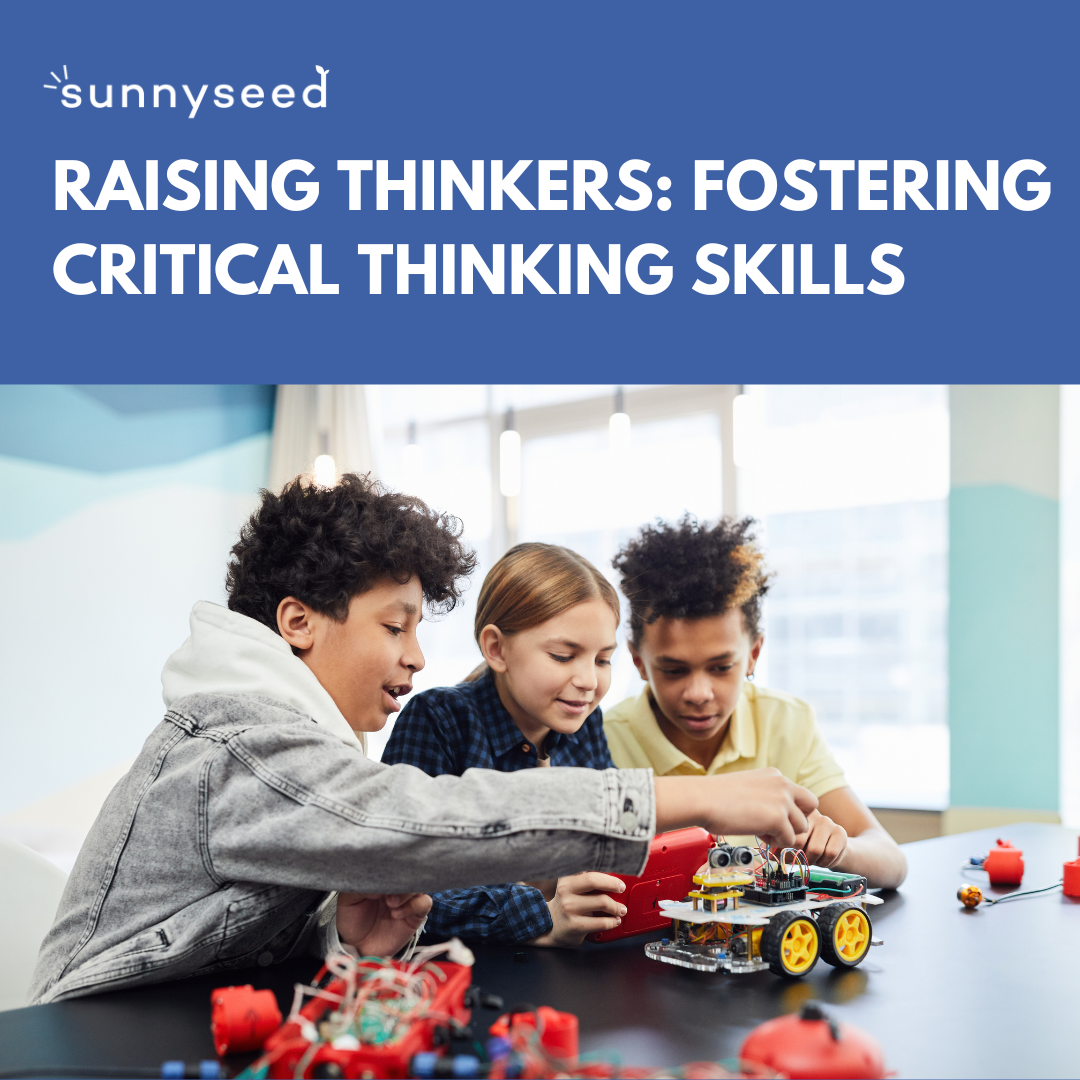How to Boost Your Child's Speech
Did you know that speaking directly to your child from the time they are infants can help improve their vocabulary and language skills?
A study from Stanford University found that children who heard more repetitive, infant-directed speech at 9 months old had a larger vocabulary at 24 months old.
How to Boost Your Child's Speech
The Importance of INFANT-Directed Speech
Infant-directed speech (IDS), also known as parentese or child-directed speech is a dialect adults use when speaking to babies 0-18 months old. Speech is higher-pitched, slower, elongated, and more emotional than regular talking. This helps a baby attune to your voice. While babies are unable to understand the words you are saying, they can understand the emotions, tone, and mood behind your words.
Instead of traditional baby talk which uses made up words, it is recommended to use the correct words, such as bottle instead of baba.
Child-directed speech:
Boosts language skills
Increases vocabulary
Helps with bonding
Captures attention
QUANTITY & QUALITY MATTER
Research has shown that the number of words spoken to a child is directly proportional to the size of the child’s vocabulary. That means words overheard from the radio, apps, or television do not count. Eye contact and interaction is critical.
However, talking too much can also be overstimulating and frustrating for your child so experts recommend focusing on the quality of the interaction!
In a recent study, interactive, back and forth conversations were found to transform the biology of children’s brains more than just the number of words children hear!
This research is a recent extension of the popular 1995 study by Hart & Risley (Meaningful Differences in the Everyday Experience of Young American Children).
In the 1995 study, children whose families were on welfare heard about 600 words per hour. Working-class children heard 1,200 words per hour, and children from professional families heard 2,100 words. By age 3, this equated to a 30+ million word gap. When Hart & Risley studied these same children again at 9 years old, they found the disparity mattered: the GREATER the number of words children heard from their parents before they were 3, the higher their IQ and the better they did in school. It should also be noted TV talk was detrimental.
So we know from these two studies, both the quantity and delivery of words heard before children are 3 years old matters!
12 WAYS TO CONNECT & BUILD YOUR CHILD’S LANGUAGE SKILLS
(start when they are infants!)
1. Take turns talking and respond to your child’s attempts to communicate. A general rule of thumb is to wait 5-10 sec. (less as they get older) for a child to process what you are saying. Conversations are the most beneficial tool for brain and language development!
2. Narrate what you are doing. "I am going to empty the dishwasher now. The plates go inside this cabinet."
3. Speak slowly.
4. Use repetition. For example, repeat the target word 3-5 times. By using the target word in a variety of ways, we improve the likelihood of our child actually learning the word and its correct usage!
“You want WATER.”
“WATER.”
“Here is your WATER.”
“Drink the WATER.”
5. Make eye contact. Get down on their level.
6. Limit screen time. The AAP recommends zero screen time for children 0-18 months and 30 min. or less of screen time for children 4 and under.
7. Focus on functional words that help a child communicate, rather than pushing academics like colors, numbers, or letters.
8. Consider sign language. Research has shown children who learn to sign have larger vocabularies, higher IQ scores, and higher reading level.
9. Sing songs or nursery rhymes.
10. Keep it relaxed and fun. Learning sticks when it is hands-on and happens in the meaningful context of life.
- Find a stuffed animal and hide it behind your back. Make it peep out and say the animal sound.
- Knock some puzzle pieces off of the couch and say "uh-oh."
- Play peek-a-boo several times! Keep your language simple.
11. Read every day. By the age of 2, children who are read to regularly display greater language comprehension, larger vocabularies, and higher cognitive skills than their peers.
"Books contain many words that children are unlikely to encounter frequently in spoken language. Children’s books actually contain 50% more rare words than primetime television or even college students’ conversations." {Source: The Read-Aloud Handbook, by Jim Trelease}
12. Offer two choices at a time. “Would you like the banana or the apple?” “Do you want the blue plate or the red plate?”





